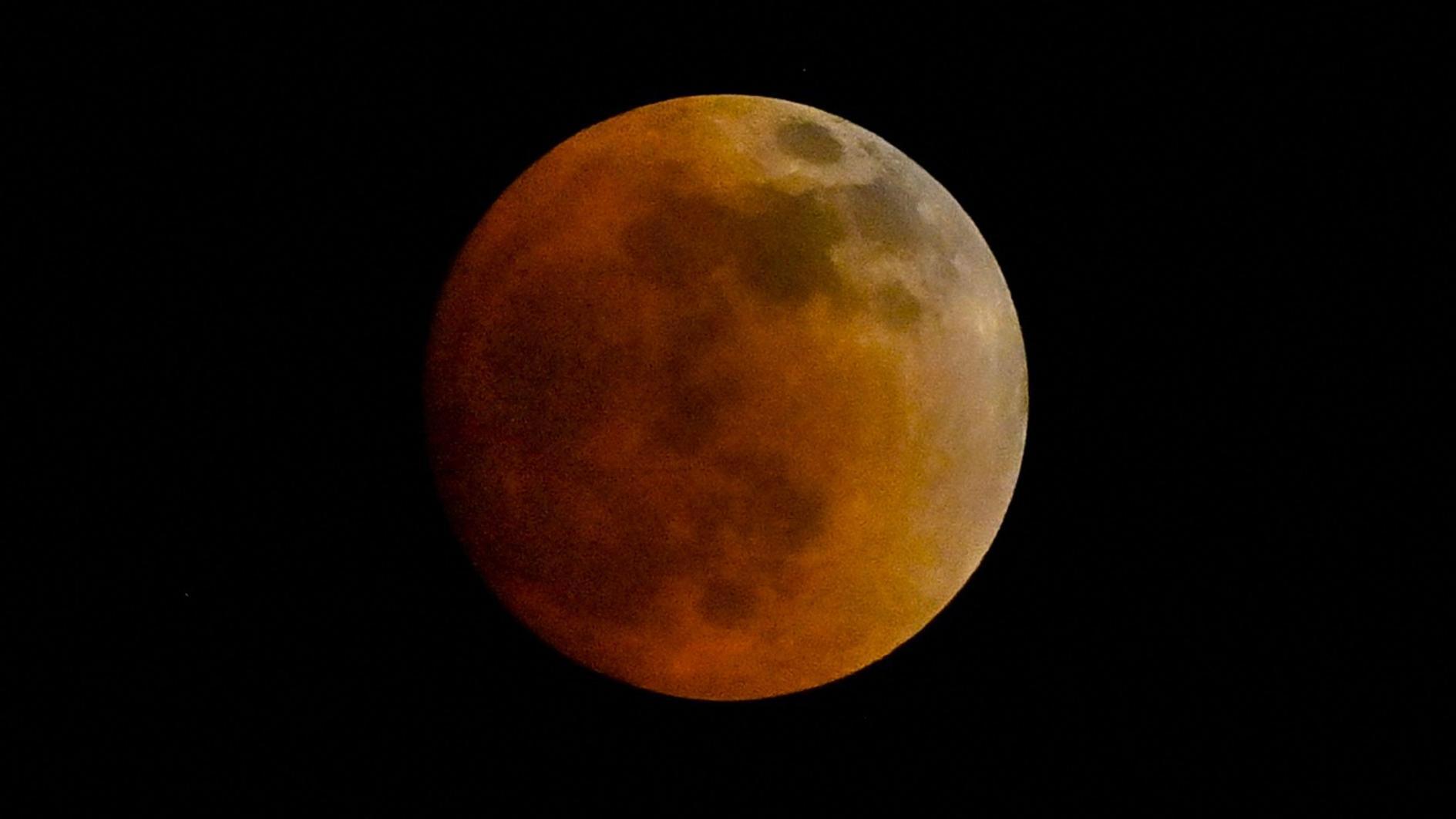Spain court quiz Catalan police officers in sedition case

Spain’s National Court questioned on Oct. 6 two senior officers of Catalonia’s regional police force and the leaders of two pro-independence civic groups who have been placed under investigation for sedition.
The case is linked to demonstrations Sept. 20-21 in Barcelona, when Spanish police arrested several Catalan government officials and raided offices in a crackdown on preparations for an Oct. 1 referendum on independence.
Spanish authorities say the demonstrations hindered the Spanish police operation, and that Catalan police didn’t do enough to push back the protesters who were blocking Spanish police officers from leaving a building.
The questioning comes amid Spain’s biggest political crisis in recent times. Spain has condemned the independence referendum, saying it’s illegal, unconstitutional and invalid.
Three of the four under investigation for sedition arrived to the National Court in Madrid for questioning. They were Catalan police chief Josep Lluis Trapero, who came wearing his police uniform; Jordi Sanchez, the head of the Catalan National Assembly that has been the main civic group behind the independence movement, and Jordi Cuixart, president of the separatist group Omnium Cultural.
The fourth person under investigation is Catalan police Lt. Teresa Laplana, who is testifying by video link from Barcelona because of medical reasons.
Catalan pro-independence supporters, including politicians, stood outside as Trapero, Sanchez and Cuixart walked into the National Court. Some held up referendum ballot papers. Dozens of Spanish police officers were deployed outside.
Carles Campuzano, the spokesman for the Democratic Party of Catalonia, described Friday’s court hearing as an outrage, saying that the demonstrations last month can in no way be considered illegal.
“It’s just another expression of the absolutely mistaken, authoritarian, repressive response by the (Spanish) state to the pacific, democratic and civic demand of Catalan society,” he told reporters outside the court.
On Oct. 5, Spain’s Constitutional Court ordered Catalonia’s parliament to suspend a planned session next week during which separatist lawmakers plan to declare independence.
Spanish Prime Minister Mariano Rajoy has urged the separatist leader of the regional Catalan government, Carles Puigdemont, to cancel plans for declaring independence in order to avoid “greater evils.”
In an interview with Spain’s official EFE news agency on Thursday, Rajoy said the solution in Catalonia “is the prompt return to legality and the affirmation, as early as possible, that there will be no unilateral declaration of independence, because that way greater evils will be avoided.”
Rajoy’s remarks were the first since Sunday, when Catalonia held the banned independence referendum amid a violent crackdown by Spanish police trying to stop the voting. Puigdemont said the results of the vote validated the push to secede.
















